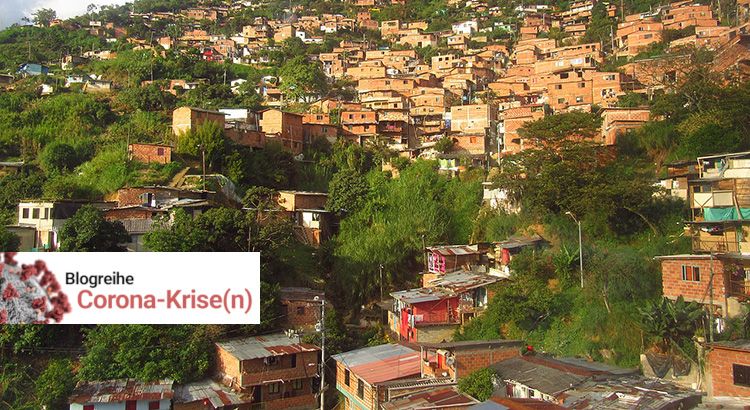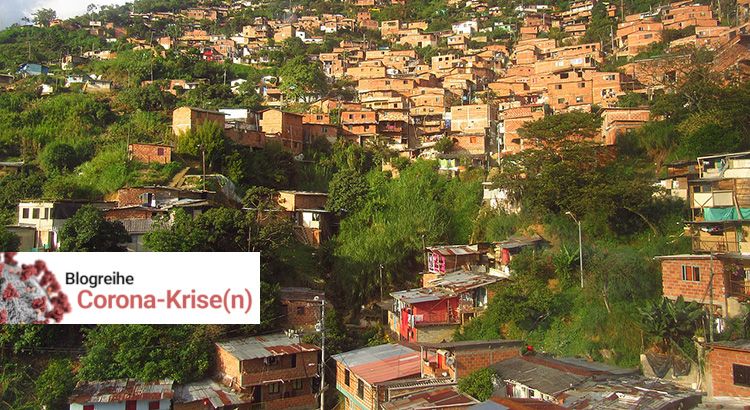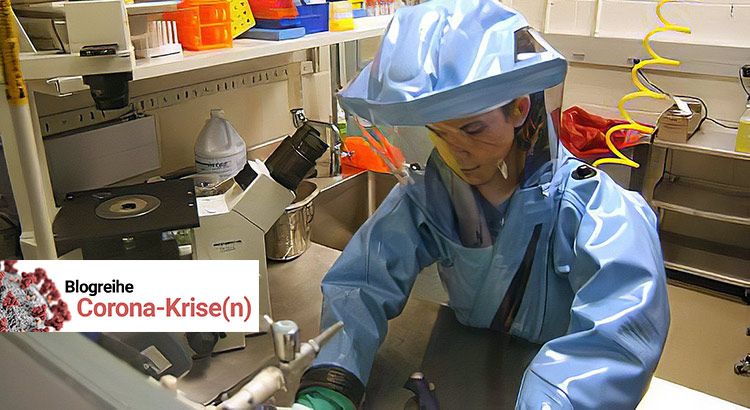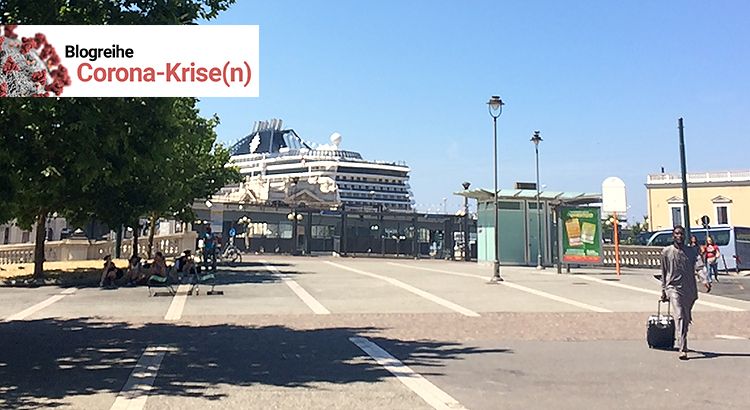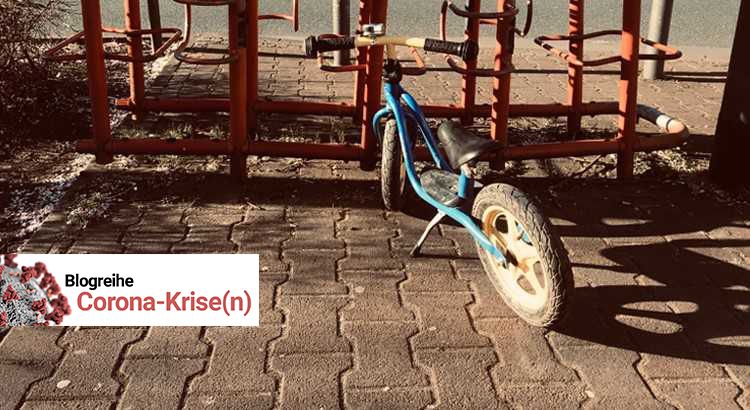Research financed in the framework of the BMBF’s public security programme is still predominantly...
Early Warning? Opportunities and Limitations of Automated Internet Monitoring
Policymakers have invested considerable effort and research funding to understand the role of the...
Se trata de estructuras, no de ayuda – Asentamientos informales y la desigualdad de la pandemia en Medellín, Colombia
En Colombia, el 25 de marzo se instaló una cuarentena nacional debido a la pandemia de la...
It is About Structures, Not Aid – Informal Settlements and the Inequality of the Pandemic in Medellín, Colombia
In Colombia, a national quarantine due to the Corona pandemic was installed on March 25th. A few...
Was die Covid-19-Pandemie mit Biowaffenkontrolle und Biosicherheit zu tun hat
Das neuartige Coronavirus SARS-CoV-2 ist keine Biowaffe. Es stammt höchstwahrscheinlich auch...
Salafist Groups’ Use of Social Media and its Implications for Prevention
Researchers largely agree that radicalisation processes mostly include both real-world and...
The Amalgamation of Virtuality and Reality in Radicalisation Processes
Virtuality has long since become an integral part of the world we live in today. It is thus not...
Eine Frage der Reichweite – zum Stellenwert von Migration und Mobilität in der Corona-Krise
In Zeiten von COVID-19 wird noch deutlicher, was sonst auch gilt: Migration ist unmittelbarer...
Mit der Corona-Krise in eine autoritär-individualistische Zukunft? Fünf Dimensionen gesellschaftlicher Transformation
Die Corona-Krise hat Deutschland fest im Griff. Das Alltags- und Berufsleben sind auf den Kopf...
SARS-CoV-2 Pandemic is an Alert: Environment-Related Root Causes of Animal-Borne Diseases Need to be Addressed!
The novel infectious disease – SARS-CoV-2 – is nature’s alert to humans. Existing research on the...


